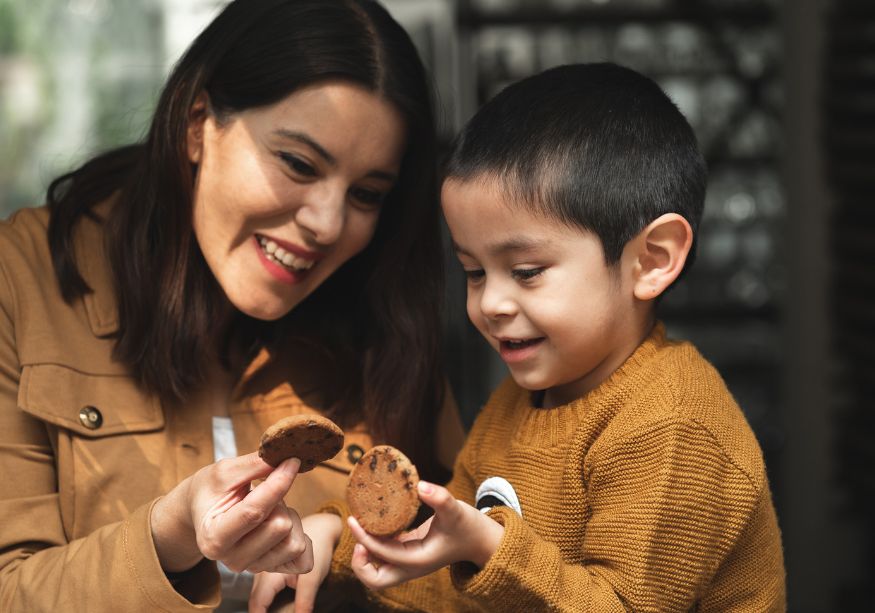Hampstead Nutrition Practice
Nourishing Neurodiverse Minds: Supporting Kids' Health Through Nutrition
The habits we form in childhood shape our future—our physical health, cognitive development, and emotional resilience. For children who are neurodivergent—those with ADHD, autism, sensory processing challenges, or learning differences—this connection is even more critical. As a parent, carer, or educator, you have the opportunity to help these children thrive through nutrition and lifestyle strategies that are tailored to their unique needs.
In my own practice and personal life, I’ve seen how nutrition can make a meaningful difference. From improving attention and mood to supporting digestion and reducing sensory distress, the right foods—and the right approach—can empower neurodiverse children to reach their full potential.

Creating Habits that Support Neurodiverse Brains and Bodies
Children with neurodivergent profiles often have distinct nutritional needs, sensitivities, and behaviours. Many face challenges such as:
- Sensory aversions to textures or tastes
- Limited food variety or rigid eating patterns
- Digestive discomfort like bloating or constipation
- Blood sugar fluctuations that impact focus and mood
- Nutrient deficiencies (common in selective eaters)
Nutrition is never a one-size-fits-all approach—especially for neurodiverse children. That’s why building personalised, sustainable food habits is essential for their long-term health and happiness.
Why Nutrition Education Matters for Neurodiverse Kids
Research shows that nutritional interventions can support better outcomes in children with ADHD, autism, and related conditions. For example:
Stable blood sugar levels help regulate attention and emotional reactivity.
Omega-3 fats and zinc support brain function and behaviour.
Gut health is strongly linked to mood, immunity, and even sensory processing.
When kids understand how food affects their brain, body, and energy, they’re more likely to feel empowered to make choices that help them feel better—without shame or restriction.
What We Offer
Nutrition Talks and Support Tailored to Neurodiverse Children and Teens
I offer interactive, practical talks in schools and online, designed for families, educators, and young people. These are tailored for neurodiverse learners—accessible, visual, and structured to reduce overwhelm while sparking curiosity.
Fuel for Focus
How balanced meals can support attention, emotional regulation, and learning—especially for children with ADHD.
Gut–Brain Connection
Exploring how digestive health impacts mood, anxiety, and sensory sensitivity.
From Sensory to Satisfying
Creative ways to expand limited diets without stress, guilt, or food battles.
Brain Food for Big Transitions
Helping neurodiverse teens prepare for independent living, exams, and life beyond school with supportive nutrition habits.
Sweet Enough
Managing sugar and stimulant cravings with real food swaps that still taste good.
Build a Better Plate (for Real Life)
Visual and flexible strategies for making nourishing meals—even for selective or texture-sensitive eaters.
These sessions aim to foster understanding, not judgment—giving neurodiverse kids and their carers practical tools that work in real life, not just in theory.
Ready to Support Your Child's Unique Needs?
Whether you’re a parent, teacher, SENCO, or school leader, I can offer bespoke nutrition support for neurodiverse children and teens—through individual consultations or group sessions. Together, we can build a plan that respects your child’s sensory, behavioural, and emotional world while gently guiding them toward better health.
Let’s support their journey—with compassion, science, and food that works for them.